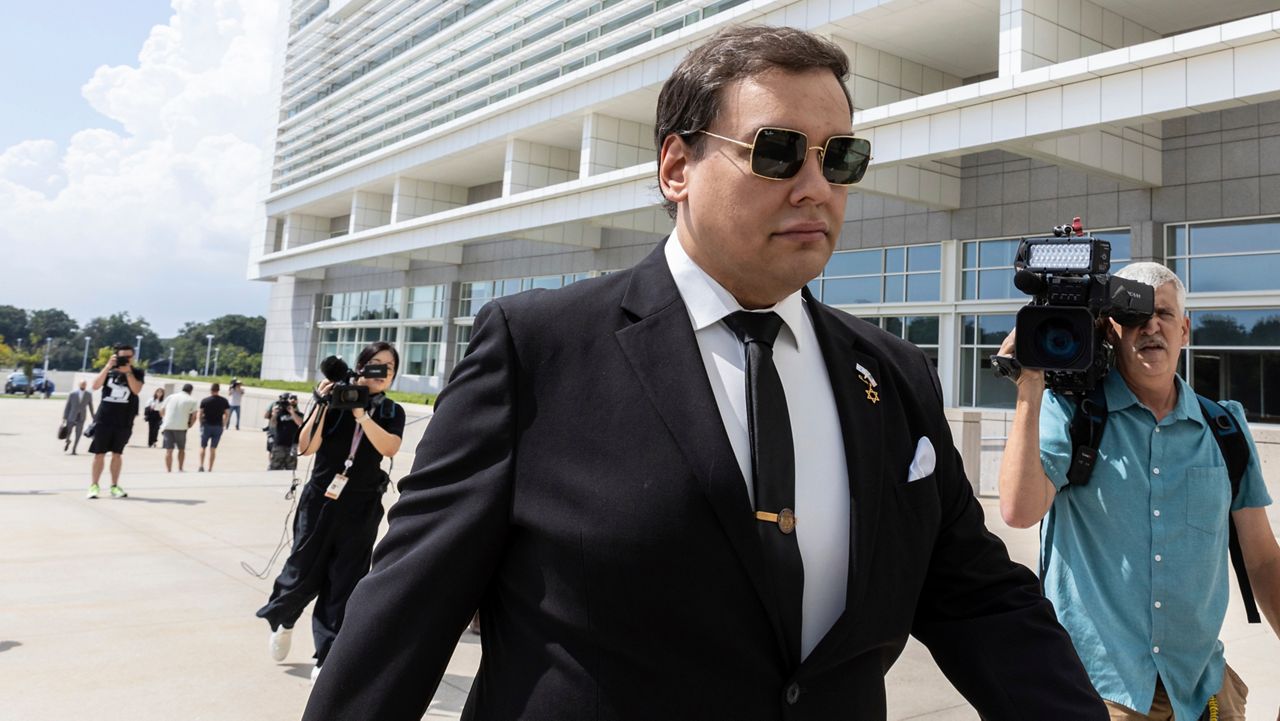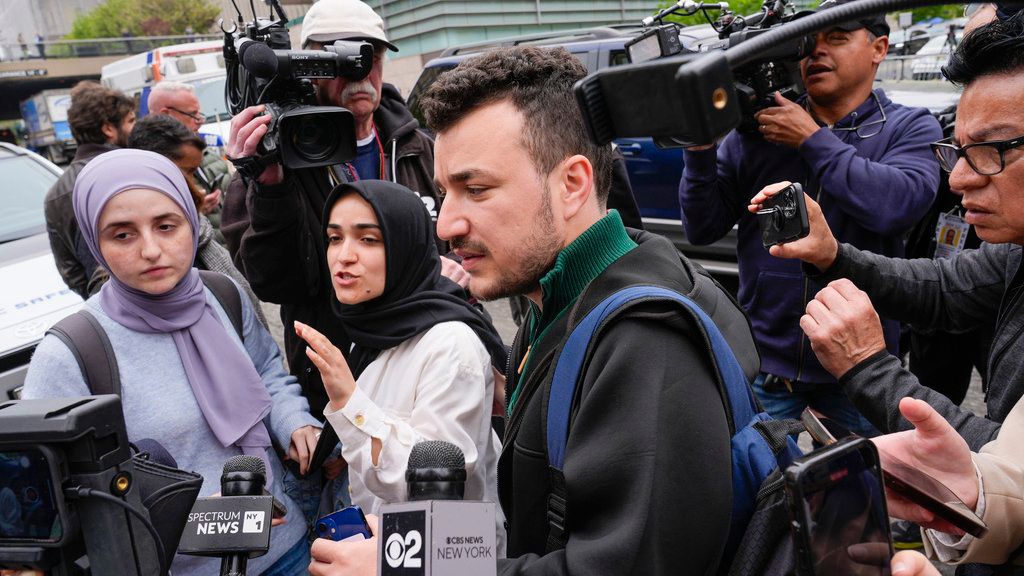NEW YORK - The city’s affordable housing crisis is no secret, but while the de Blasio Administration is scrambling to build as many new, reasonably priced apartments as possible, almost 600 city-owned apartments are empty and unused.
Luisa Rodriguez’s old apartment is one of them.
“I used to love this kitchen,” she says during a recent visit.
A calendar hanging on the wall is turned to August 2008 -- the month and year she moved out. The city owns the building and asked her to leave so it could renovate her apartment. She thought the move would be temporary.
“I moved ... thinking, 'Oh, wow, we are going to get this going.' I thought two or three years. It's 11 now,” she says.
The work was never done.
The apartment is as she left it, but worse, with mold on the walls, and no sinks or toilets. The unit, at 615 West 150th St. in the Hamilton Heights section of Manhattan, is one of the nearly 600 city-owned apartments sitting empty after what tenants call an empty promise.
“To me HPD has definitely dropped the ball,” says Manhattan Borough President Gale Brewer, referring to the city's Department of Housing Preservation and Development.
Rodriguez's former building was one of hundreds in HPD's Tenant Interim Lease Program, or TIL. The city took ownership of the buildings for non-payment of taxes. TIL then renovated the buildings and turned them into cooperatives owned by the tenants.
Beginning in 1978 TIL created 950 co-ops with more than 17,000 apartments.
“TIL was a program where the city financed the whole rehab. That became an unsustainable model so we needed to end the program,” explains HPD Assistant Commissioner Lisa Talma.
In 2012, the city replaced TIL with the Affordable Neighborhood Cooperative Program, ANCP, contracting with private developers to do the rehabs and create the co-ops. Instead of the city completely footing the bill, bank loans finance the work, money the apartment owners eventually have to pay back.
But the new program has created no more than nine co-ops; 115 other buildings are languishing, almost half of them haven’t even been assigned to developers. That’s 591 empty units.
“We recognize it’s been many years and that is why our first and foremost goal is to create these co-ops,” Talma says.
Residents like Rodriguez are upset. Hundreds gathered at a recent meeting, concerned the bank loans will make the apartments too expensive for them.
“I’m worried that down the line tenants are gonna end up with too much of a mortgage and not enough money to pay their maintenance,” Brewer says.
For 77-year-old Luisa Rodriguez, the promise of getting back into her home is, so far, a promise broken.
“God knows maybe I have only one more day here, but what we want is to have something to leave to our children, to build intergenerational wealth,” she said.
The progress on Rodriguez’s building stalled after its Tenant Association opted out of the new program over concerns about the size of the loan.
The city says that’s all that’s available and its goal is to get all remaining buildings renovated and in private hands within four years.









